Did you know that Nineveh, the ancient Assyrian capital, was once the largest city in the world with walls so vast they stretched over 12 kilometers and were wide enough for three chariots to ride side-by-side? This remarkable archaeological treasure in modern-day Iraq predates Rome by over 1,500 years and offers visitors a chance to walk through the pages of history mentioned in both the Bible and ancient Mesopotamian texts.
IMPORTANT SAFETY NOTICE: Iraq is currently considered a high-risk destination for travelers. Always check the most up-to-date travel advisories from your home country’s government before making travel plans. The security situation can change rapidly, and certain areas may be unsafe to visit.
Getting There & Planning Your Journey
Reaching Nineah (also known as Nineveh) requires some careful planning. The ruins are located near modern-day Mosul in northern Iraq. The nearest major international airport is Erbil International Airport, approximately 80 km (50 miles) east of Mosul. From there, you’ll need to arrange ground transportation to reach the archaeological sites.
Due to the complex security situation, many travelers choose to visit with organized tours that handle logistics, permissions, and security considerations. Independent travel is possible but requires significant research and preparation.
Required Documents
- Valid passport with at least six months validity
- Iraqi visa (apply well in advance through Iraqi embassy or consulate)
- Travel insurance that specifically covers Iraq
- Printed hotel reservations and tour confirmations
- Letter of invitation (may be required for visa application)
Consider hiring a local guide who speaks both Arabic and English. Their knowledge of the area and cultural nuances will prove invaluable, especially when navigating checkpoints and explaining historical context.
Best Time to Visit & Weather Tips

The climate in northern Iraq is characterized by hot, dry summers and cool, wet winters. The best time to visit Nineah is during the spring (March to May) and fall (September to November) when temperatures are most comfortable for exploring outdoor archaeological sites.
| Season | Months | Temperature | Conditions | Recommendation |
| Spring | March-May | 15-30°C (59-86°F) | Mild, occasional rain | Highly Recommended |
| Summer | June-August | 35-45°C (95-113°F) | Very hot, dry | Not Recommended |
| Fall | September-November | 15-35°C (59-95°F) | Mild, cooling down | Highly Recommended |
| Winter | December-February | 5-15°C (41-59°F) | Cool, rainy, occasional snow | Acceptable |
Summer temperatures can be extremely harsh, often exceeding 40°C (104°F), making outdoor exploration uncomfortable and potentially dangerous. Winter brings cooler temperatures and occasional rainfall, which can make some archaeological sites muddy and difficult to navigate.
Traveler Tip: Pack lightweight, breathable clothing that covers shoulders and knees (respecting local customs), a hat, sunglasses, and sunscreen. During spring and fall, bring a light jacket for cooler evenings. Always carry plenty of water when exploring archaeological sites.
Getting Around Locally
Navigating around Nineah and Mosul requires careful planning. The archaeological site of Nineveh is located on the eastern bank of the Tigris River, opposite the modern city of Mosul.
Transportation Options
- Private Taxi: The most convenient option for tourists. Negotiate the fare before departure and consider hiring the driver for the entire day.
- Guided Tours: Many visitors opt for organized tours that include transportation between sites.
- Shared Taxis: Available for travel between major cities but less practical for visiting archaeological sites.
- Rental Cars: Not recommended for foreign visitors due to security concerns and complex navigation.
The archaeological site of Nineveh is extensive, covering approximately 750 hectares. Comfortable walking shoes are essential as you’ll be exploring on foot once inside the site. The terrain can be uneven and rocky in places.
Where to Stay
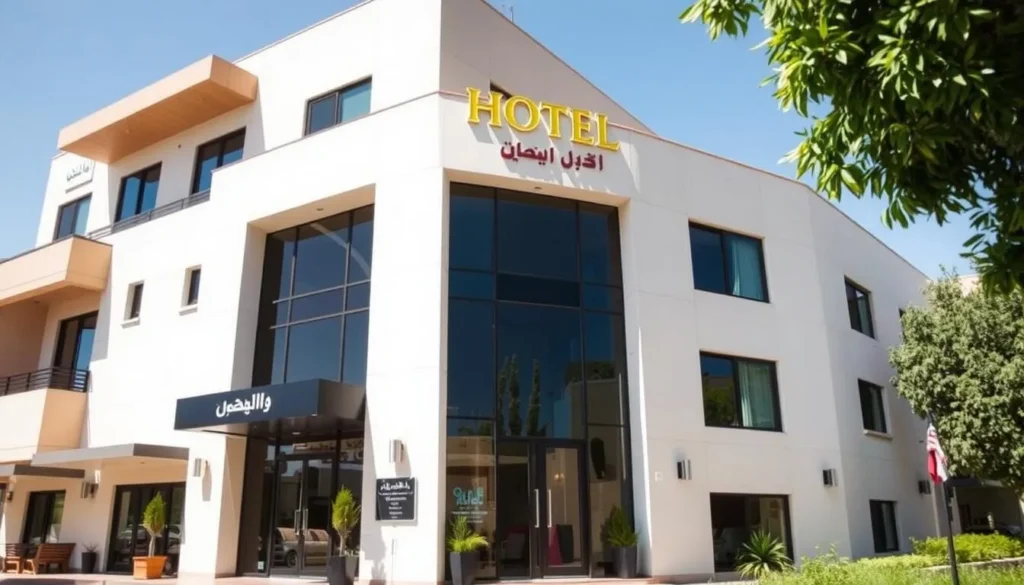
Most visitors to Nineah stay in Mosul or Erbil. Mosul’s accommodation options are still developing following the city’s liberation from ISIS in 2017, while Erbil offers more established international and local hotels.
Budget Options
- Alsfer Hotel (Mosul) – Basic but clean accommodations in the old city
- Royal Garden Hotel (Mosul) – Simple rooms at affordable rates
- Local guesthouses – Basic amenities but authentic experience
Expect to pay $15-30 per night for budget accommodations.
Mid-Range Options
- Modern Palace Hotel (Mosul) – Comfortable rooms with better amenities
- Andalus Hotel (Baghdad) – Good option if traveling from the capital
- Classy Hotel (Erbil) – Modern facilities with restaurant
Mid-range accommodations typically cost $40-80 per night.
Luxury Options
- Rotana Hotel (Erbil) – International standard 5-star hotel
- Divan Erbil Hotel – Luxury accommodations with multiple restaurants
- Grand Millennium Hotel (Sulaymaniyah) – Worth considering if touring the region
Luxury accommodations range from $100-200+ per night.
When booking accommodations, verify that the hotel has experience hosting international guests and can provide guidance on local security situations. Some hotels can also arrange for guides or transportation to the archaeological sites.
Dining & Local Cuisine
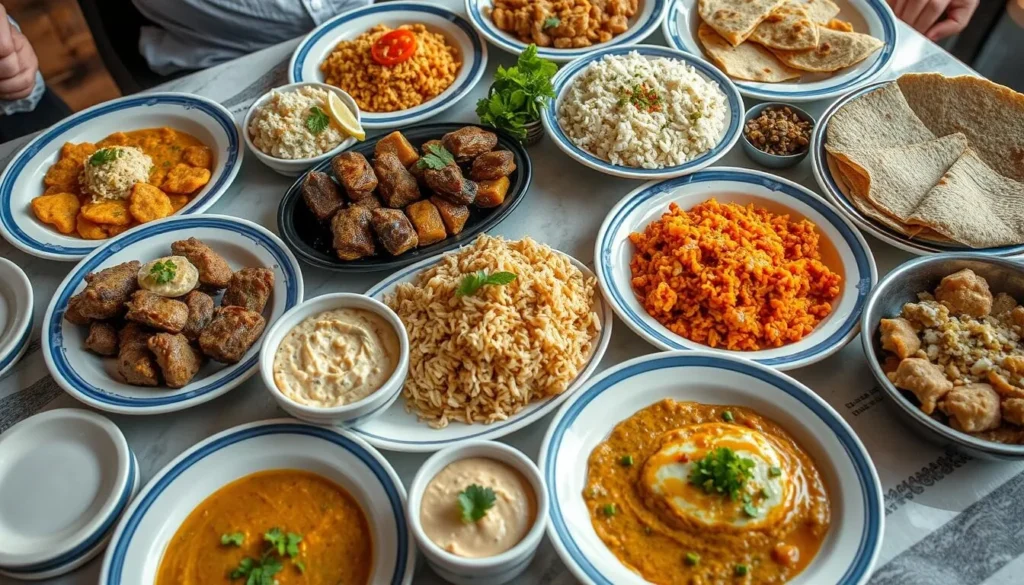
Northern Iraqi cuisine offers a delicious blend of Mesopotamian culinary traditions with influences from Turkish, Persian, and Levantine cooking. Mosul, the modern city near Nineah, is known for its distinctive local specialties.
Must-Try Mosuli Dishes
- Kubba Mosuli: A local specialty of minced meat, rice, and spices formed into a distinctive oval shape
- Masgouf: Traditional grilled carp prepared with a special marinade
- Kahi Geymar: A breakfast delicacy of warm flatbread served with thick cream and honey
- Dolma: Stuffed vegetables (typically grape leaves, peppers, and eggplant) filled with rice and meat
- Tashreeb: Bread soaked in a rich meat broth, often served with lamb
“The culinary heritage of Mosul is a tapestry of rich flavors, reflecting the region’s history and cultural diversity.”
Most restaurants in Mosul are casual, family-style establishments. For visitors, hotel restaurants often provide the most comfortable dining experience with menus that cater to international tastes while still offering local specialties.
Dining Etiquette: It’s customary to eat with your right hand if dining traditionally. If invited to a local home, bring a small gift for the host. During Ramadan, be respectful of those fasting and avoid eating, drinking, or smoking in public during daylight hours.
Attractions, Sightseeing & Activities
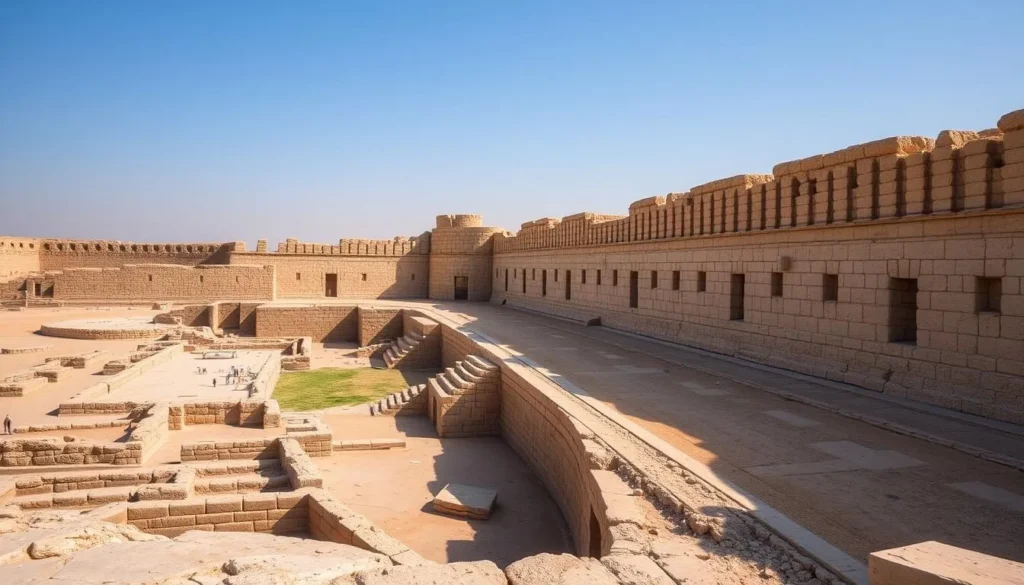
Ancient Nineveh: Gateway to Assyrian History
The archaeological site of Nineveh is the main attraction and the reason most visitors come to this region. Dating back over 4,000 years, it was the capital of the Assyrian Empire and reached its peak in the 7th century BCE under King Sennacherib.
The site is extensive, covering approximately 750 hectares, and contains numerous points of interest. A local guide is invaluable for explaining the historical significance of the ruins and navigating the site effectively.
Key Sites Within Nineveh
- City Walls: Stretching over 12 kilometers, these massive fortifications demonstrate the impressive engineering capabilities of the ancient Assyrians.
- Mashki Gate: One of the original entrances to the city, partially reconstructed to show its former grandeur.
- Nergal Gate: Features impressive lamassu (human-headed winged bulls) that served as protective deities.
- Kuyunjik Hill: Contains the remains of palaces and the location where the Library of Ashurbanipal was discovered.
- Nebi Yunus: Site believed to contain the tomb of the prophet Jonah, though the original shrine was destroyed by ISIS in 2014.
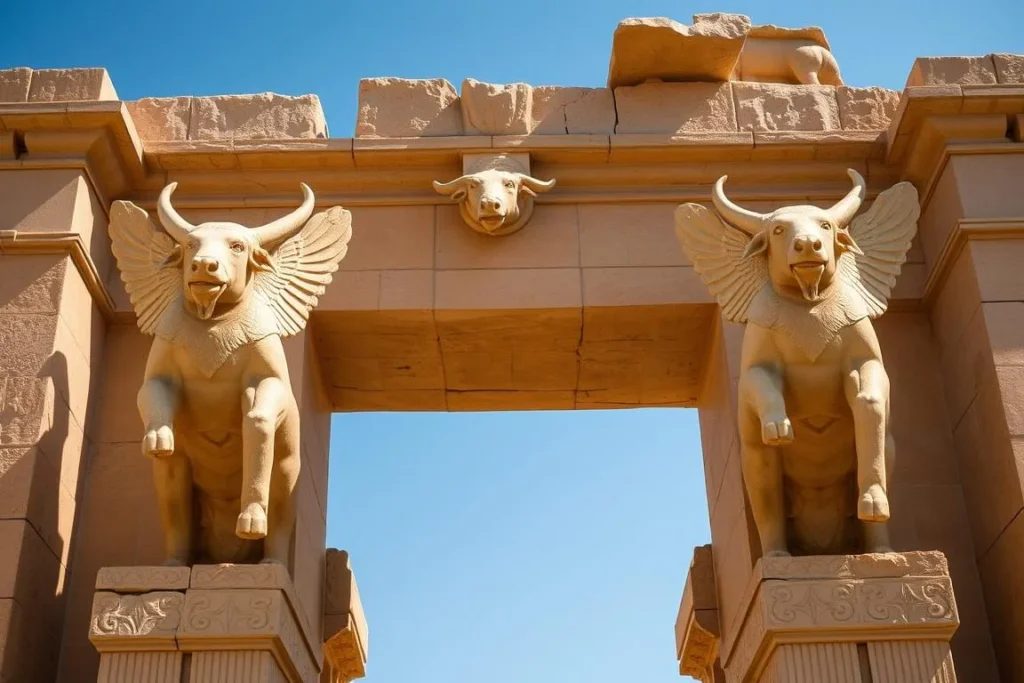
The Old City of Mosul
Adjacent to the archaeological site, Mosul’s Old City offers a glimpse into more recent history. Though heavily damaged during the conflict with ISIS, reconstruction efforts are ongoing, and visitors can witness the resilience of this historic urban center.
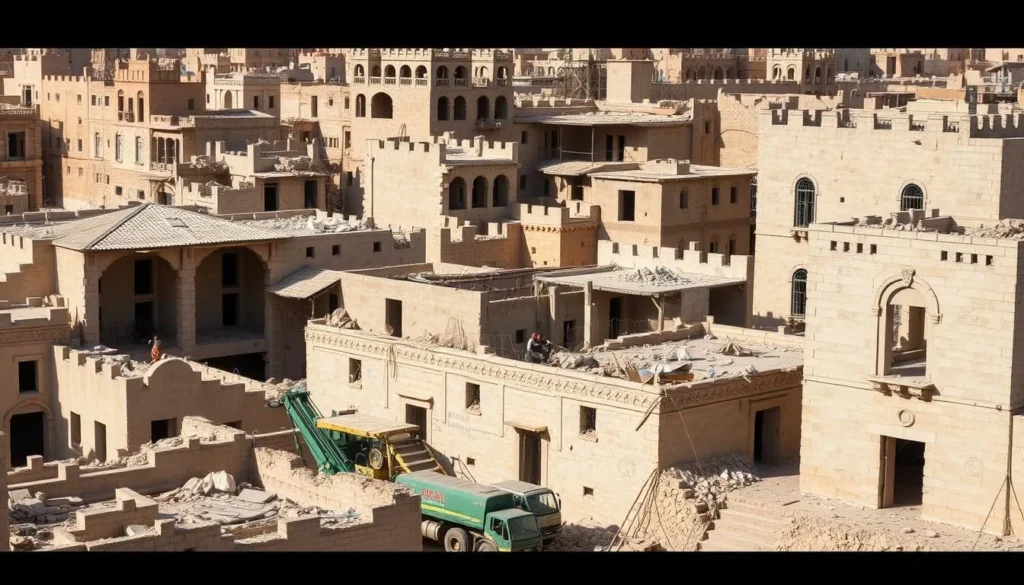
Notable sites in the Old City include:
- Al-Nouri Mosque: Famous for its leaning minaret, this mosque is undergoing restoration by UNESCO after being damaged during the conflict.
- Traditional Markets: Though still recovering, some sections of the traditional souks have reopened.
- Churches of Hosh Al Baya: A collection of historic churches representing different Christian denominations, currently being restored.
- Mosul Museum: Though closed for renovation, the exterior can be viewed.
Museums, Cultural Spots & Religious Sites
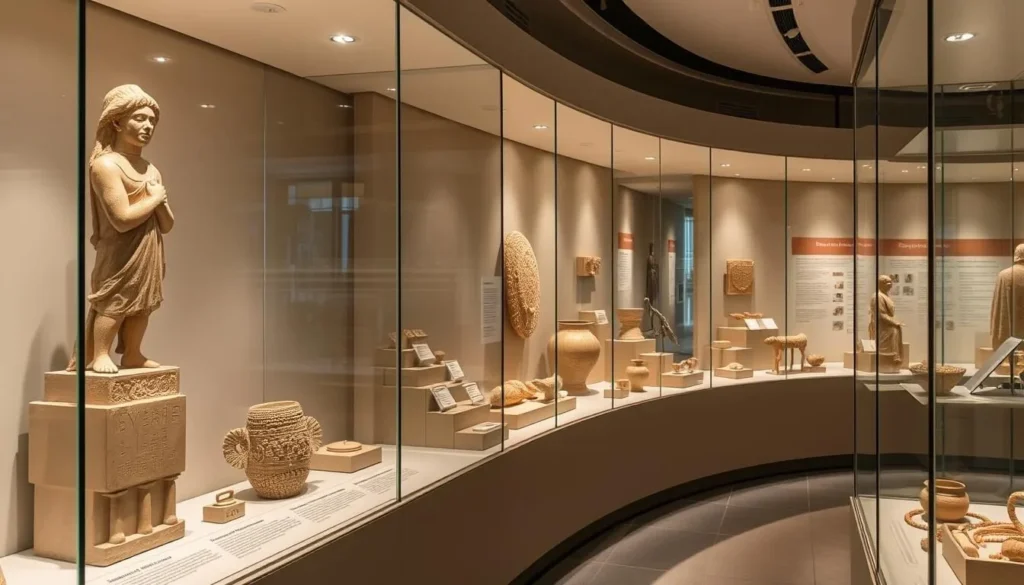
Museums and Cultural Centers
While the Mosul Museum (which housed many artifacts from Nineveh) is currently closed for restoration following damage during ISIS occupation, there are other cultural institutions worth visiting:
- Baytna Art Center: A cultural hub showcasing local artists and Iraq’s cultural revival
- University of Mosul: The campus is being rebuilt and hosts occasional cultural events
- Iraq Museum in Baghdad: If your itinerary includes the capital, this museum houses many treasures from Nineveh and other archaeological sites
Religious Sites
The region around Nineah has a rich religious heritage with sites sacred to multiple faiths:
- Tomb of Prophet Jonah (Nabi Yunus): Though the original shrine was destroyed by ISIS, reconstruction efforts are underway at this site revered by both Muslims and Christians.
- Al-Nouri Mosque: Famous for its leaning minaret (currently being restored by UNESCO).
- Mar Behnam Monastery: An important Syriac Catholic monastery located south of Mosul.
- Mosul Synagogue: One of the few remaining traces of the city’s once-vibrant Jewish community.
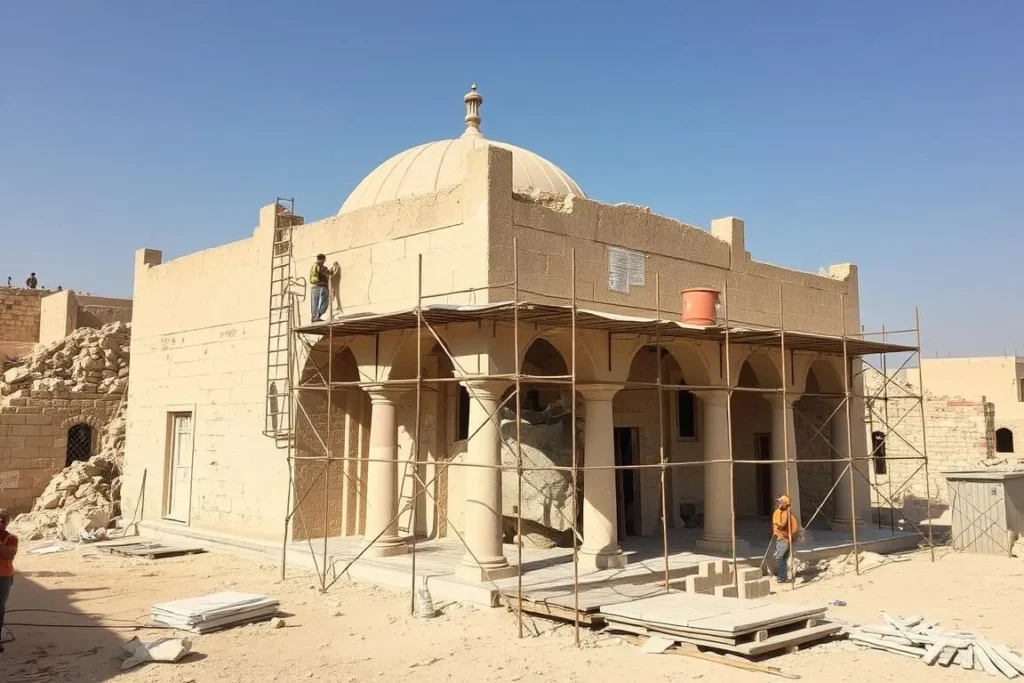
“The religious heritage of Nineah stands as a testament to the enduring faith and resilience of the Iraqi people, who are committed to reclaiming their cultural heritage and honoring the sacred landmarks that have defined their spiritual landscape for centuries.”
When visiting religious sites, dress modestly with shoulders and knees covered. Women should bring a headscarf for mosque visits. Photography may be restricted at some locations, so always ask permission before taking pictures.
Sports, Nature & Outdoor Experiences
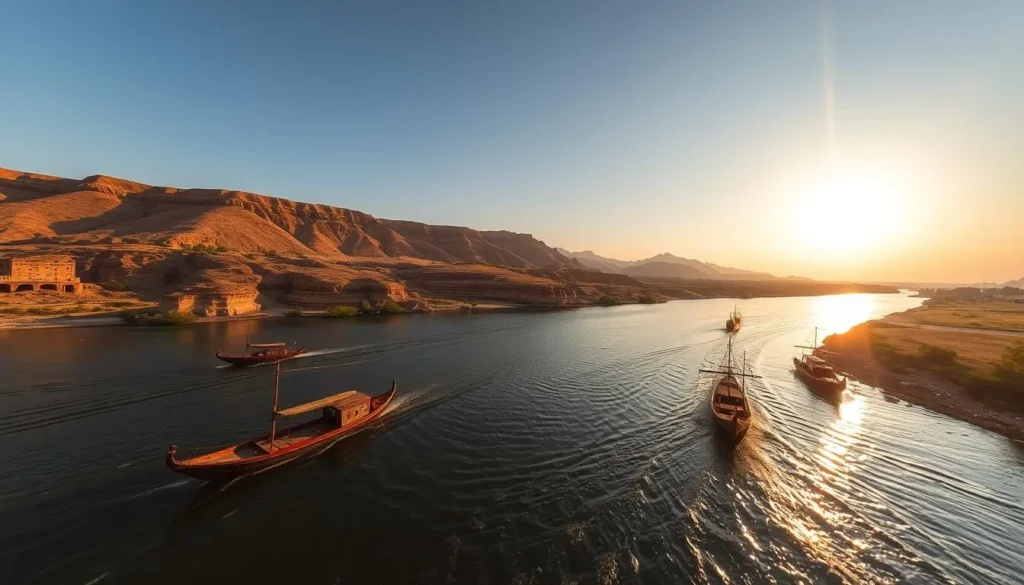
While Nineah is primarily known for its historical significance, the natural landscape offers additional experiences for visitors:
Tigris River Experiences
The mighty Tigris River flows alongside the ancient city and has been its lifeblood for millennia. Today, visitors can:
- Take a short boat ride to appreciate the city from the water
- Enjoy sunset views of the river from vantage points near the archaeological site
- Visit the riverbanks where local families gather in the evenings
Nearby Natural Attractions
If you’re extending your stay in the region, consider these natural areas:
- Dukan Lake: A beautiful reservoir about 2 hours from Mosul offering boating and picnic areas
- Gara Mountain: For those traveling to Kurdistan, this mountain offers hiking opportunities and houses one of Saddam Hussein’s former palaces
- Rawanduz Canyon: Often called the Grand Canyon of Iraq, located in Kurdistan
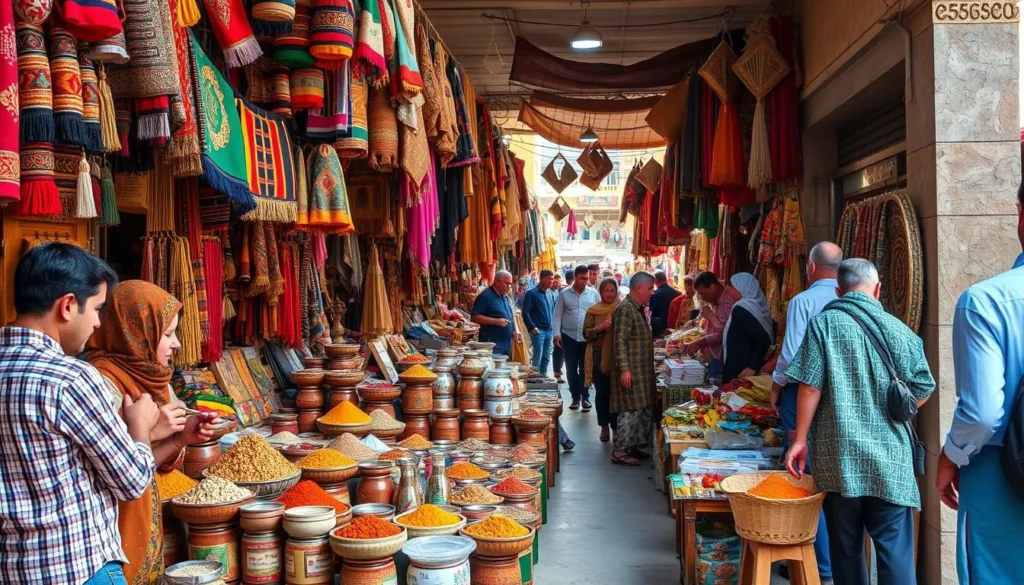
Local Markets and Shopping
For a more interactive cultural experience, visit the recovering markets of Mosul where you can find:
- Traditional textiles and carpets
- Handcrafted copper and metalwork
- Local spices and food products
- Antiques and replicas of ancient artifacts (be aware of regulations regarding the export of antiquities)
Responsible Tourism Tip: When purchasing souvenirs, support local artisans who are working to preserve traditional crafts. Avoid buying items that may be looted antiquities, as this is illegal and damages Iraq’s cultural heritage.
Safety, Etiquette & Local Customs
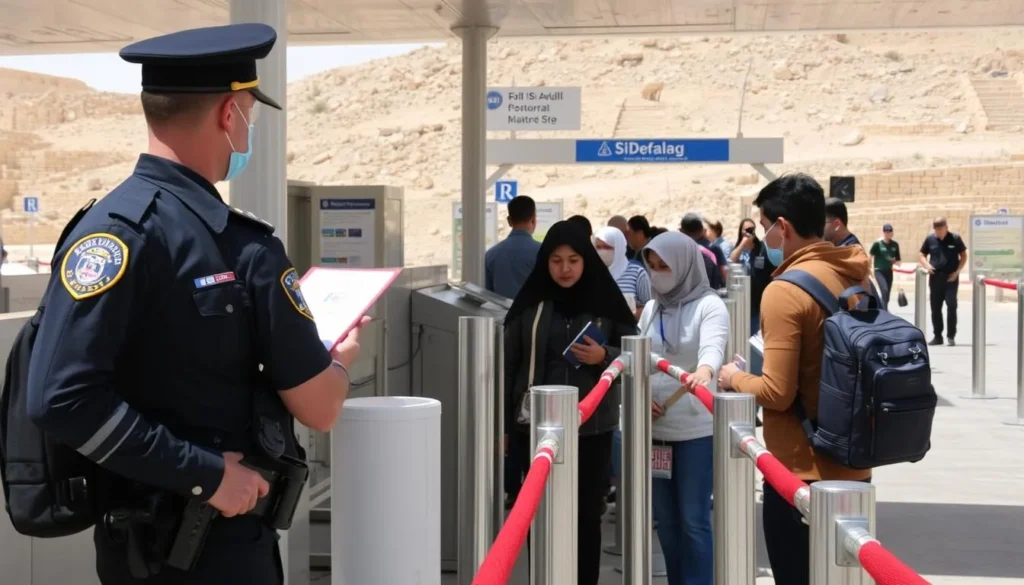
Safety Considerations
Visiting Iraq requires careful attention to safety. While the security situation has improved since the defeat of ISIS, travelers should:
- Register with your country’s embassy upon arrival in Iraq
- Stay informed about the current security situation through official channels
- Consider hiring a local guide or security advisor
- Avoid traveling at night between cities
- Be prepared for numerous security checkpoints
- Keep copies of your passport and visa with you at all times
The security situation can change rapidly. Always check the latest travel advisories before and during your trip. Some areas may be off-limits to tourists or require special permissions to visit.
Cultural Etiquette
Respecting local customs will enhance your experience and interactions with Iraqis:
- Dress modestly: shoulders and knees should be covered for both men and women
- Women should carry a headscarf for visiting religious sites
- Ask permission before photographing people
- Avoid public displays of affection
- Use your right hand for eating and greeting
- Remove shoes when entering homes or certain religious buildings
Communication
Arabic is the primary language in Iraq, with Kurdish spoken in the northern regions. English is not widely spoken outside of hotels and tourist areas, so consider:
- Learning basic Arabic greetings and phrases
- Using a translation app (download for offline use)
- Hiring a guide who speaks both English and Arabic
- Carrying a small phrasebook
“Iraqis are known for their hospitality and warmth toward visitors. Despite the challenges the country has faced, you’ll likely be met with genuine curiosity and kindness.”
Practical Travel Tips

Essential Items to Pack
- Modest clothing that covers shoulders and knees
- Comfortable walking shoes for archaeological sites
- Hat, sunglasses, and high-SPF sunscreen
- Portable power bank (electricity can be unreliable)
- Medications and basic first aid supplies
- Hand sanitizer and wet wipes
- Toilet paper (not always available in public facilities)
- Cash in US dollars (widely accepted) and Iraqi dinars
Money and Payments
Iraq is primarily a cash-based society, especially outside major cities:
- ATMs are limited and may not always work with international cards
- Bring sufficient US dollars to exchange
- Inform your bank of your travel plans to prevent card blocks
- Keep receipts for currency exchange
- Bargaining is expected in markets but not in established businesses
Communication and Connectivity
- Purchase a local SIM card upon arrival for affordable data and calls
- Download maps and translation apps for offline use
- Internet connectivity can be unreliable; prepare accordingly
- Consider a VPN for secure connections
Photography Guidelines
Be mindful when taking photographs in Iraq:
- Avoid photographing military installations, checkpoints, or personnel
- Ask permission before photographing local people
- Some religious sites restrict photography; always check first
- Be respectful when photographing sensitive sites damaged during conflict
Conclusion
Visiting Nineah offers a rare opportunity to walk through the pages of ancient history in one of the world’s oldest and most significant archaeological sites. While traveling to Iraq presents unique challenges, the rewards are immense for those seeking to explore this cradle of civilization.
The resilience of the Iraqi people, the magnificence of the ancient ruins, and the rich cultural tapestry make Nineah a profound destination for travelers interested in history, archaeology, and cultural experiences. As reconstruction continues and tourism infrastructure develops, visiting now provides a chance to witness a pivotal moment in the region’s recovery and renewal.
With proper preparation, respect for local customs, and attention to safety considerations, your journey to Nineah will be an unforgettable exploration of humanity’s shared heritage in the land where civilization began.
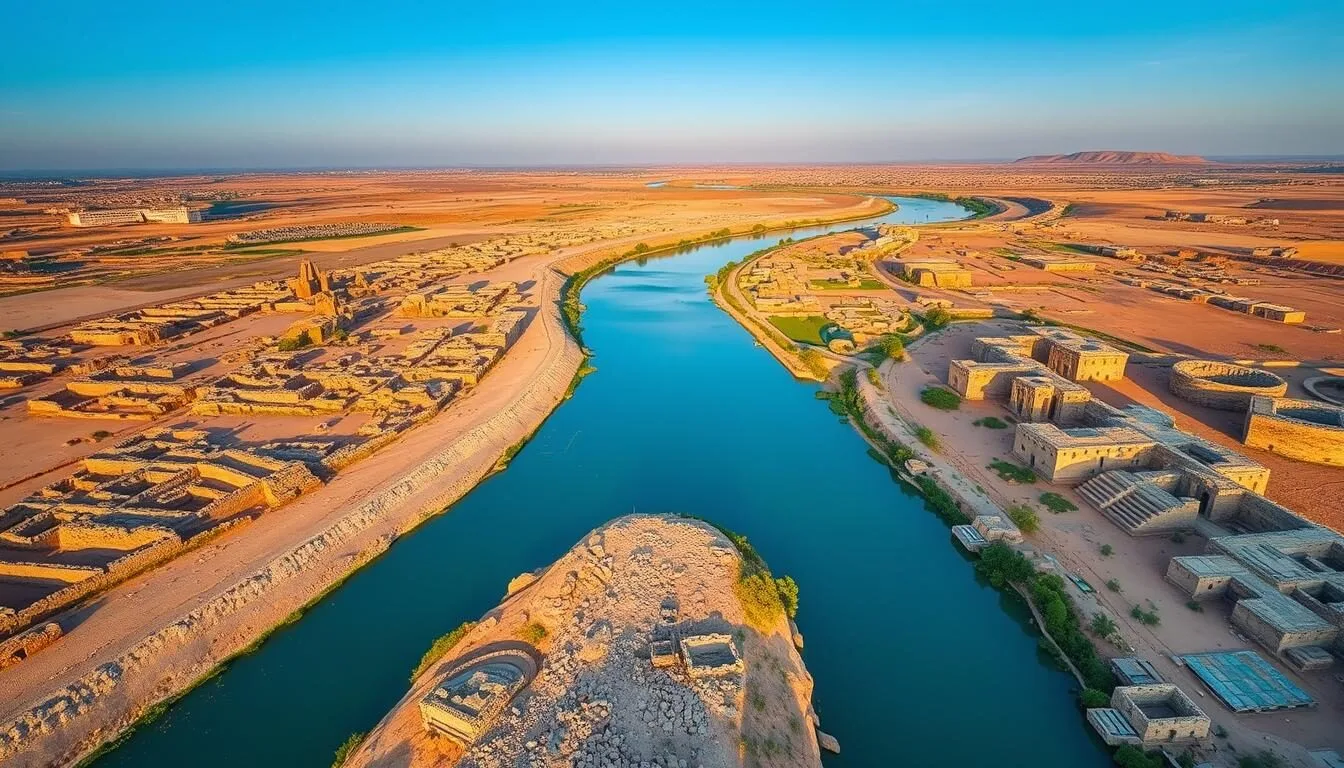
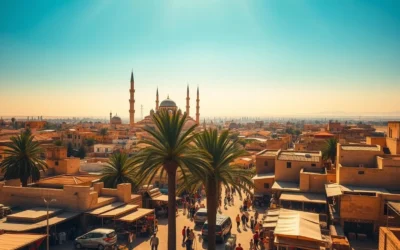
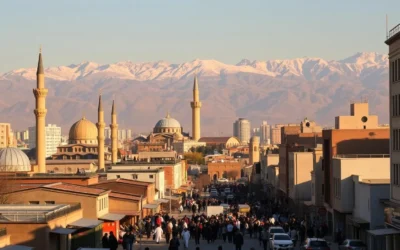
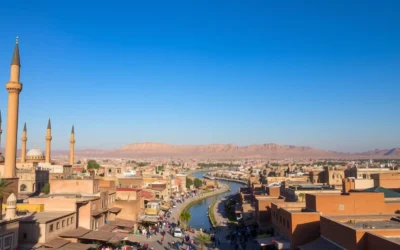
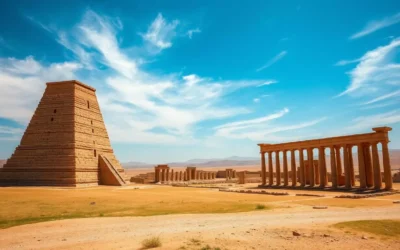
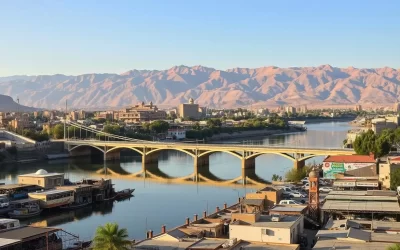
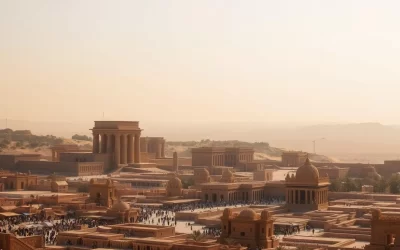
0 Comments